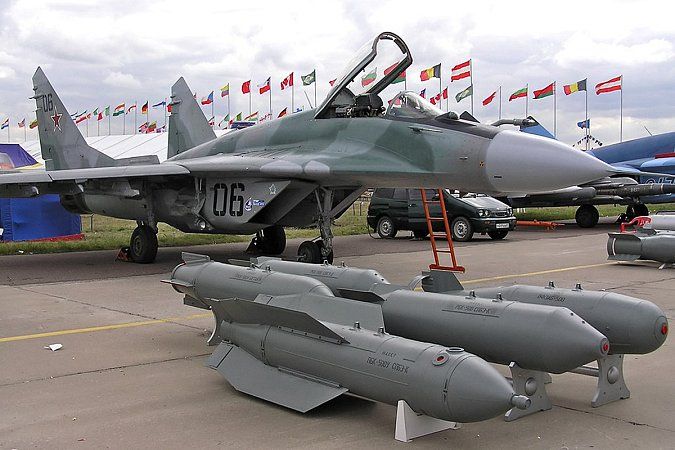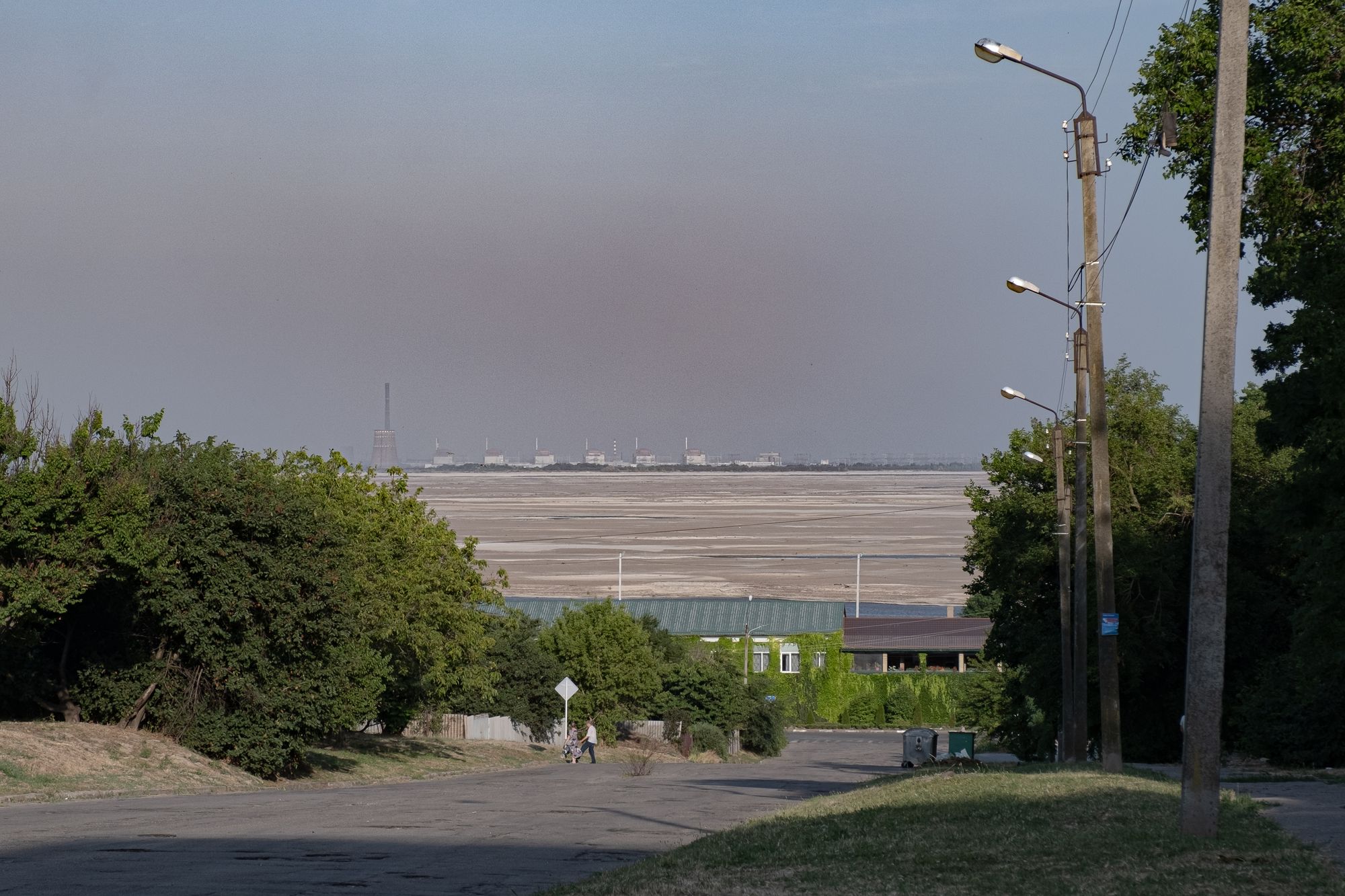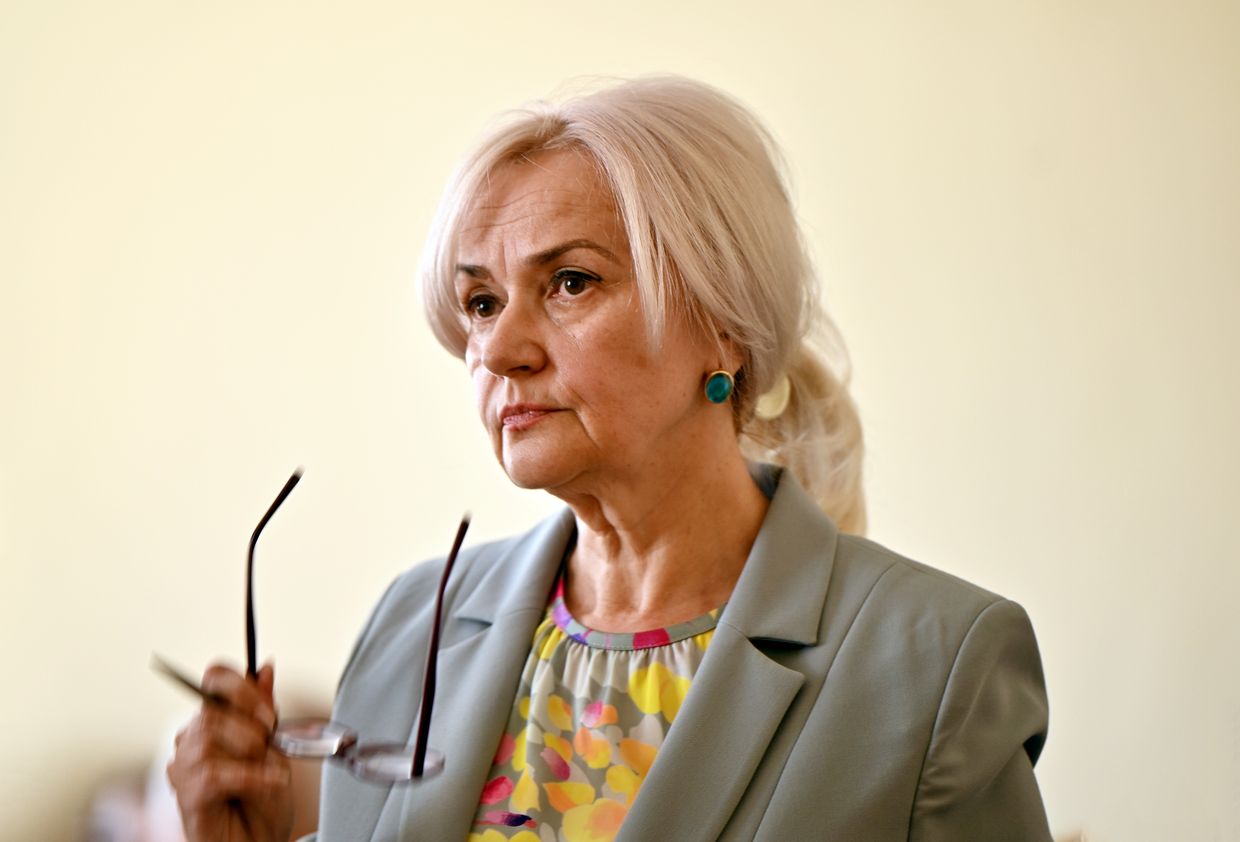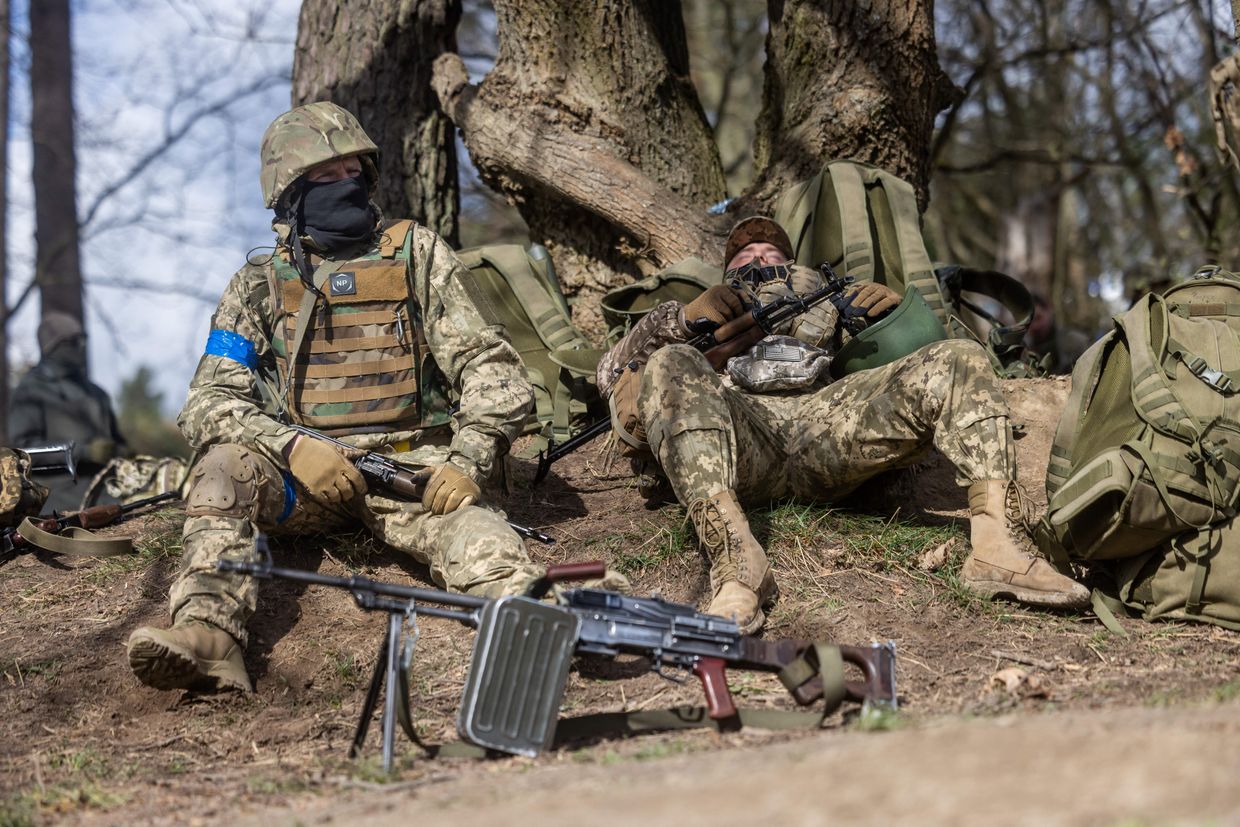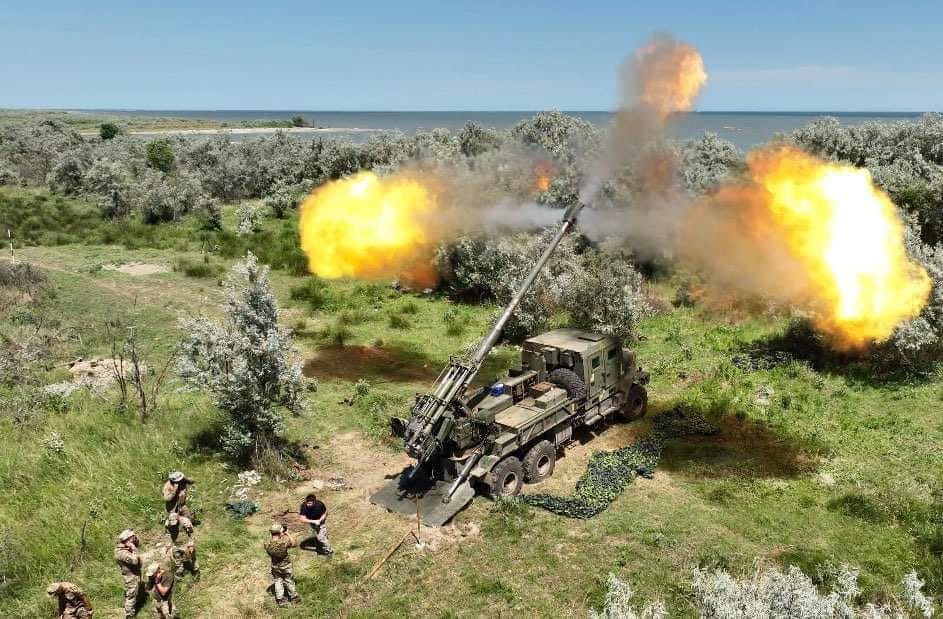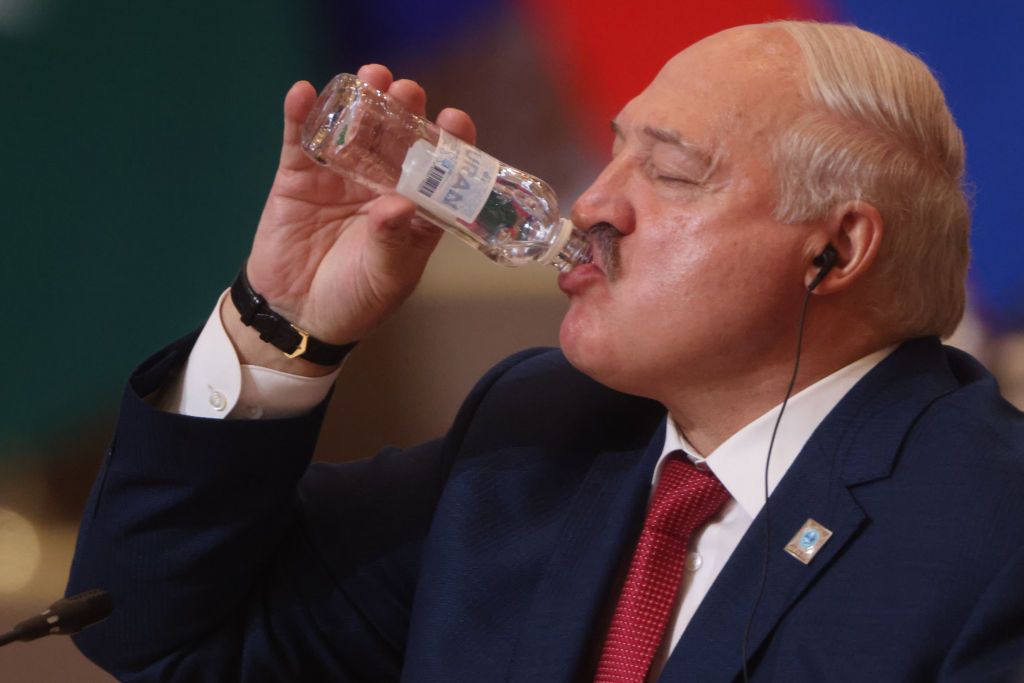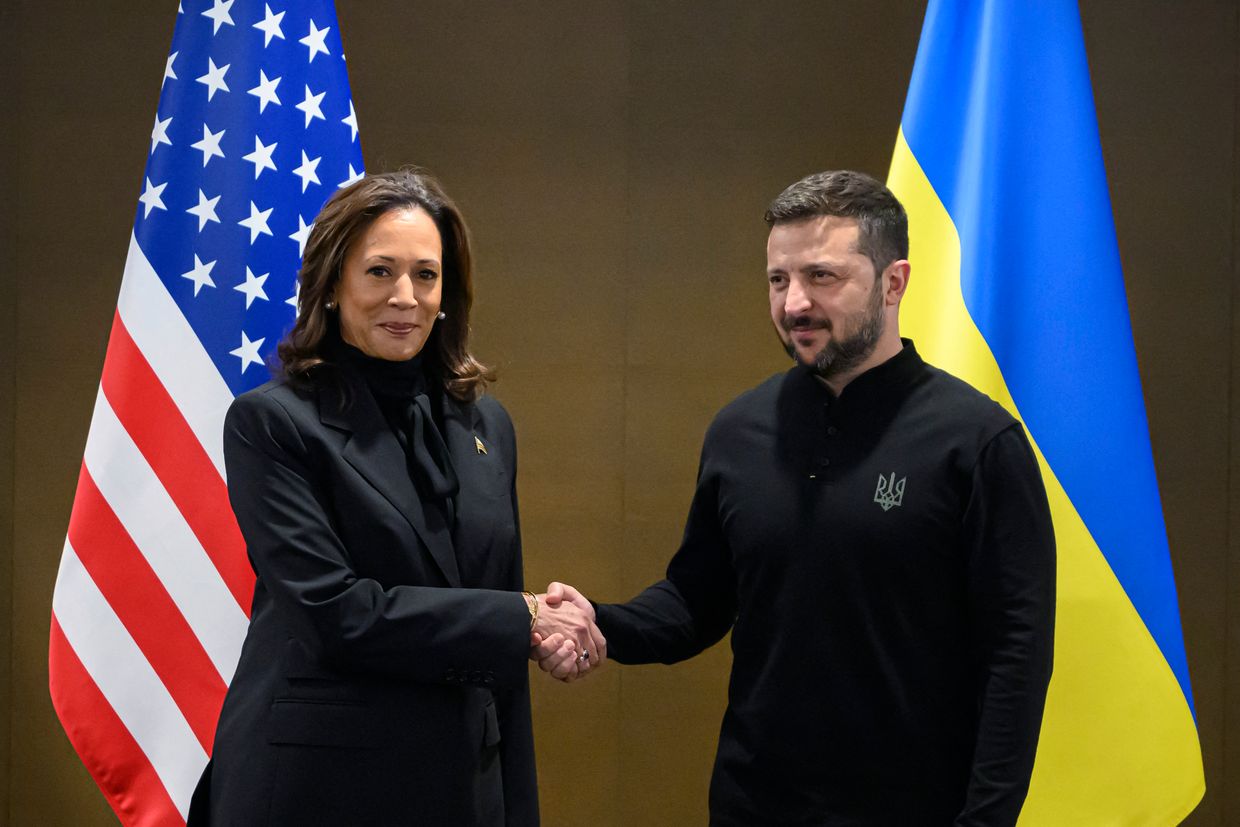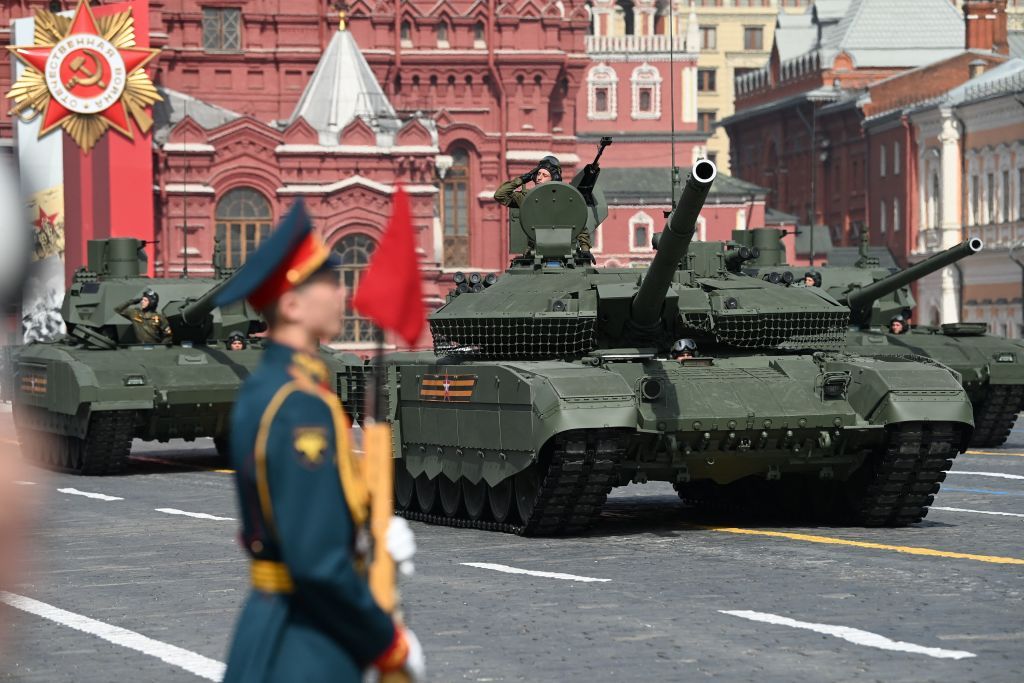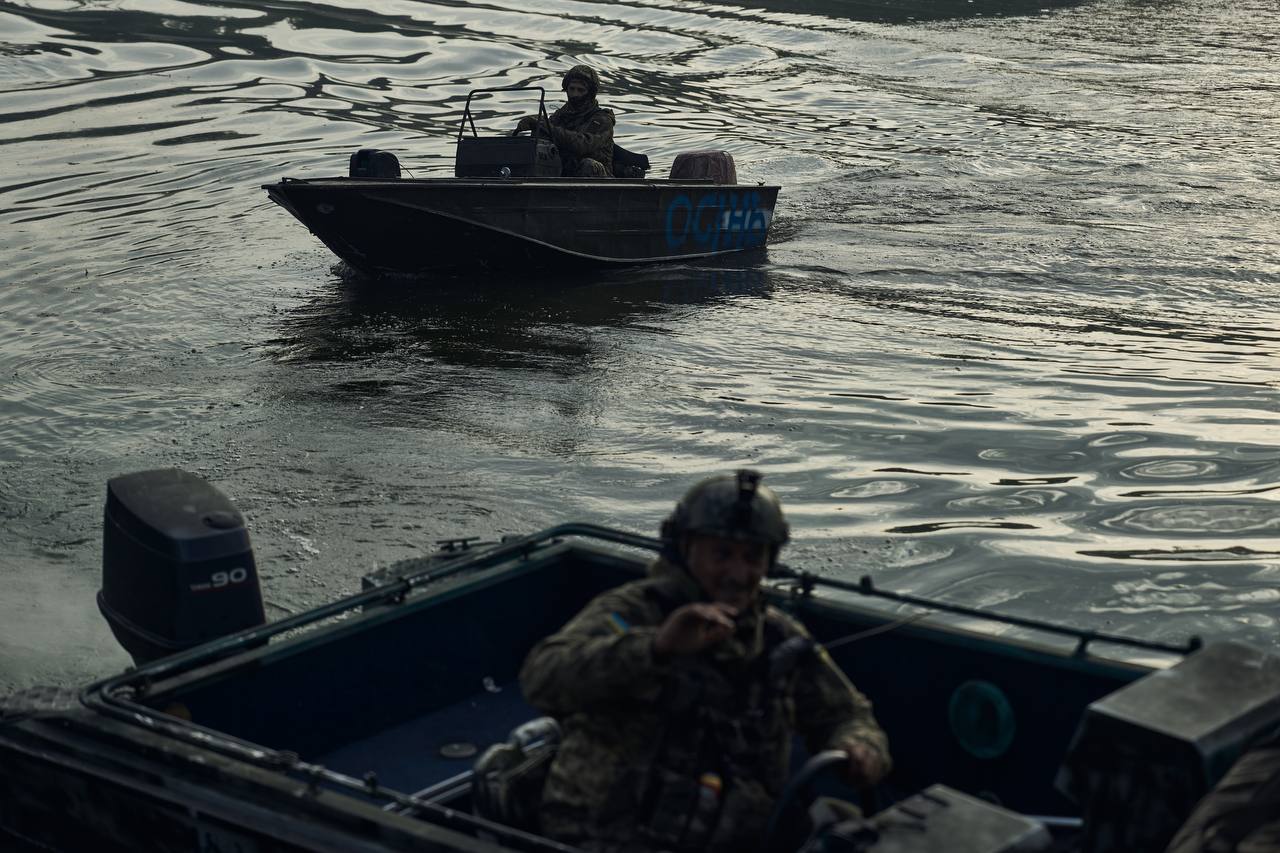Key developments on Jan. 10:
- Russian media: Russia to start production of new glide bombs
- Slovak PM decries Western strategy on Ukraine, says Russia 'also needs security guarantees'
- Zelensky: Ukraine needs more modern air defense systems
- Italian parliament's lower house backs prolonging military support for Ukraine
- Lithuania pledges almost $220 million in 3-year military support for Ukraine
Russia plans to begin production of a new glide bomb, Drel, in 2024, Russian state-run media TASS reported on Jan. 10, citing the Russian state-owned arms manufacturer Rostec.
The bombs are designed to be dropped by jets far from their targets. The bombs then use a guided flight path to accurately deliver a payload that Western analysts consider to be a cluster munition.
Russia already has glide bombs in its arsenal and has used them against Ukraine.
Over 100 countries signed the Convention on Cluster Munitions, banning their use, transfer, production, and stockpiling. Ukraine, Russia, and the U.S. are not among the signatories.
Drel bombs are intended to be used against armored vehicles, ground facilities, and anti-air defenses, according to the report.
Analysts cited by Reuters said the bombs may be resistant to jamming or radar detection.
Although glide bombs offer pilots the opportunity to drop bombs from a safer position away from air defenses, it does not mean that the jets would be completely removed from danger.
Last year, Russia introduced guided bombs — essentially, the regular gravity bombs modified to be dropped by multirole fighter-bombers from safe distances and deal precise and very damaging strikes in front-line areas and beyond.
By turning simple bombs into guided ones, Russia is unfolding a tactical weapon that is much cheaper, more massive, and more effective than cruise and ballistic missiles. And it can at least partially substitute the lack of air support for its troops on the ground in Ukraine.
The Institute for the Study of War (ISW) reported in December that Russia had decreased aviation activity and use of glide bombs after Ukraine’s military shot down three Russian Su-34 fighter-bomber jets on Dec. 21-22.
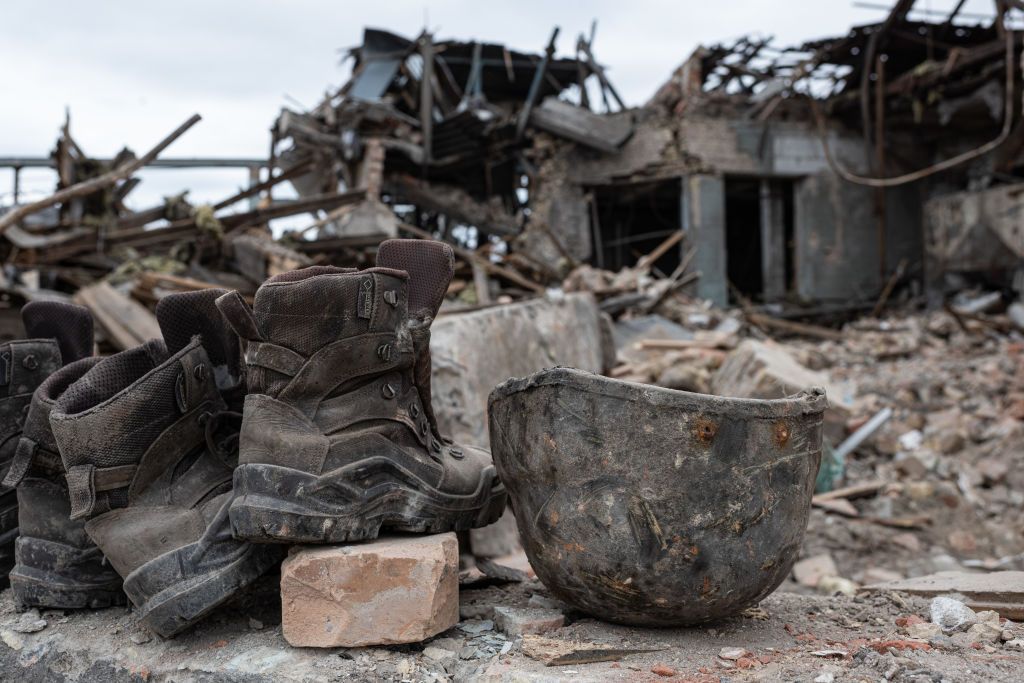
Air defense needs
Ukraine currently lacks the ability to produce its own modern air defense system, something that it desperately needs to protect its citizens from Russian strikes, President Volodymyr Zelensky said at a joint press conference with Lithuanian President Gitanas Nauseda in Vilnius on Jan. 10.
Zelensky arrived in Vilnius earlier on Jan. 10 as the first step in his trip to the three Baltic countries. Lithuania, Latvia, and Estonia are among Kyiv's staunchest supporters against Moscow's aggression.
The president pointed to the mass strikes across Ukraine at the end of December and the start of the month, which hit “civil infrastructure, people, kindergartens.”
According to Zelensky, Russia used 500 missiles and drones in this series of strikes. Though air defense forces were able to down around 70% of them on average, “unfortunately, we lost people.”
The strike on Dec. 29 targeted cities across Ukraine and was the largest attack on civilians in Kyiv since the beginning of the full-scale invasion, according to Vitali Klitschko, the capital's mayor.
Over 50 people were reportedly killed, and over 160 more were injured nationwide.
Sufficient air defense systems are therefore the “number one” thing that is missing in Ukraine right now, Zelensky said.
Meanwhile, Vilnius promised to continue its uninterrupted support for Ukraine through defense deals finalized last year, as well as through new ones planned for the coming months and years.
The Lithuanian government had approved long-term support of 200 million euros ($219 million), Nauseda said during a joint press conference with Zelensky.
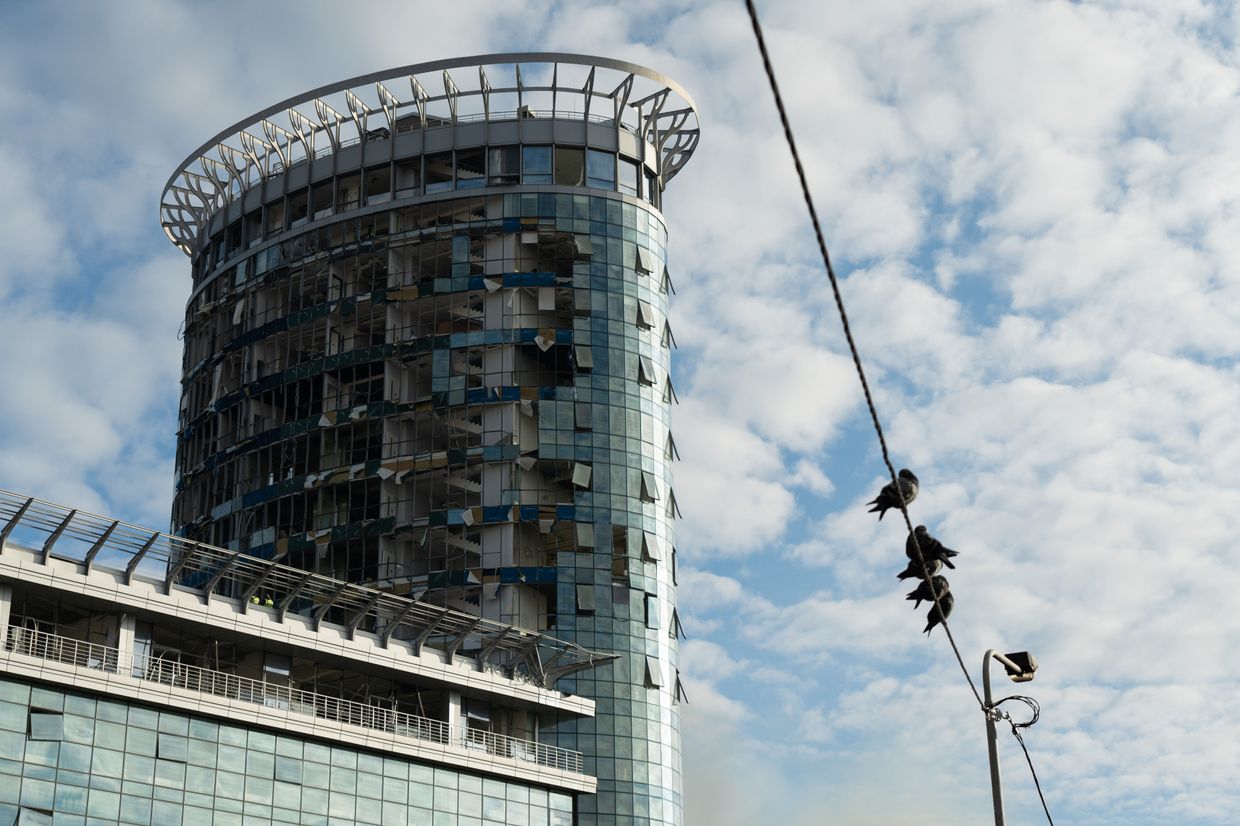
Aid to Ukraine
The Italian parliament's lower house voted in favor of prolonging defense assistance for Ukraine as the besieged country braces for another year of war with Russia, Italian media reported on Jan. 10.
Last December, the Italian government proposed to extend the aid for 2024. Assistance from European countries is ever more crucial now as additional funding from the U.S., the leading military donor, remains stalled by political infighting.
Italian lawmakers backed the motion with 195 voting in favor, 50 against, and 55 abstaining, the Domani newspaper reported.
“Italian military aid for Ukraine has contributed to saving tens of thousands of lives. Italy must be proud of this; I am proud of it,” commented the country's defense minister, Guido Crosetto.
“The road ahead on Kyiv's side is still long, but it would be a serious strategic and political mistake to withdraw now,” he said in parliament, according to the ANSA news agency.
Rome's support must continue “until Russian attacks stop,” Crosetto noted.
After approval by the lower house, the motion must be supported by the Senate.
The minister also revealed that the Italian government greenlit its eighth military aid package for Kyiv, containing equipment and weapons “aimed exclusively at strengthening Ukraine's defense capabilities.”
Rome also expressed interest in joining the Lithuanian-led demining coalition, as large swathes of Ukraine's territory remain mined due to Russian aggression.
During an interview with the Quotidiano Nazionale newspaper last November, Crosetto vowed that the support from Kyiv's allies remains stable.
The statement came amid growing worries of war fatigue among Kyiv's Western partners, who play a crucial role in providing the besieged country with military, financial, and diplomatic support.
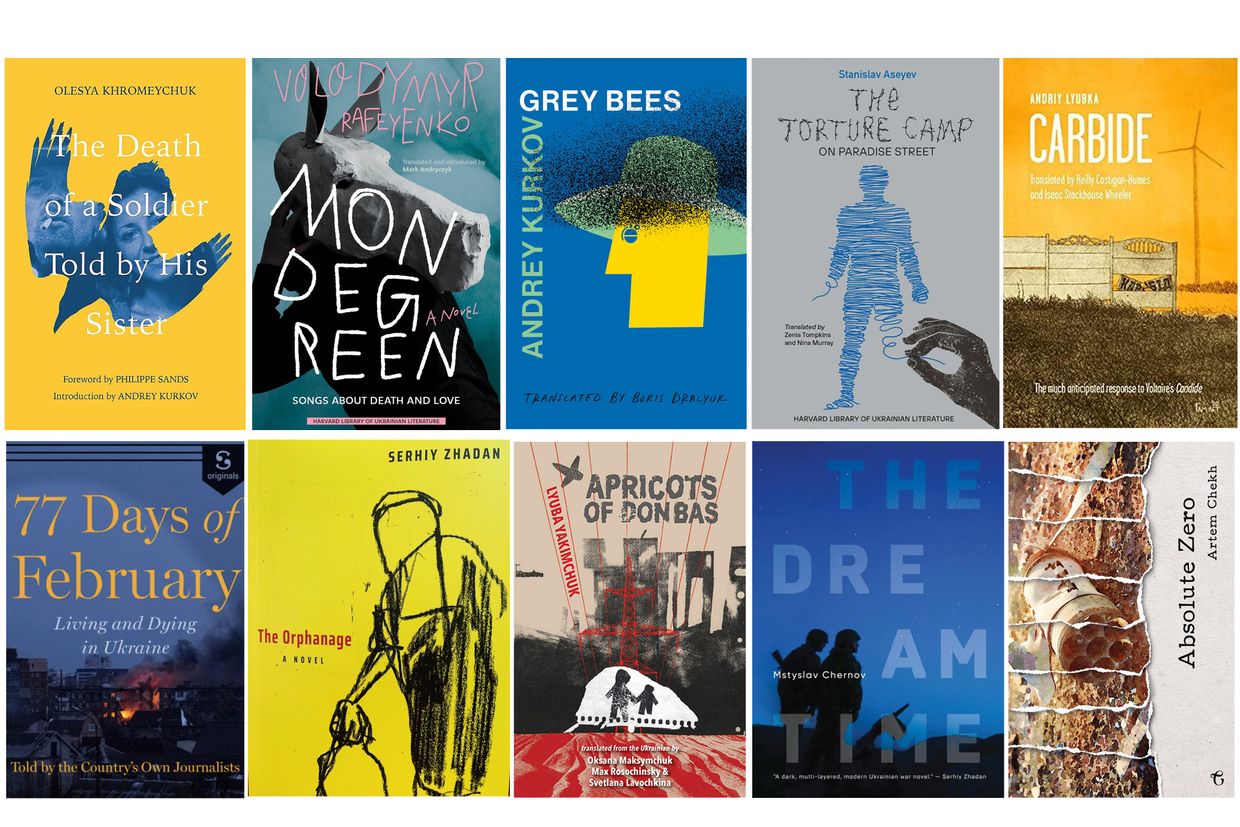
Slovakia's PM claims Russia needs security guarantees
Slovak Prime Minister Robert Fico broadly criticized the West's approach toward the Russia-Ukraine war in a column for the Pravda newspaper published on Jan. 9.
Elected in September on a populist, Ukraine-skeptic platform, Fico halted arms supplies from Slovakia's military stocks and repeatedly criticized both defense assistance for Ukraine and sanctions against Russia.
The Slovak head of government is also considered to be close to Hungarian Prime Minister Viktor Orban, who is, in turn, broadly seen as the most Kremlin-proximate leader in the EU.
In his column, Fico claimed that the Western strategy has “failed,” saying it did not succeed in collapsing the Russian economy and Moscow continues to control parts of Ukrainian territory.
While acknowledging that Russia broke international law by launching its full-scale invasion in 2022, Fico rejected what he called a “black-and-white perspective” on the war.
“The war has its roots in 2014 and Ukraine's political situation in relation to its citizens of Russian nationality,” Fico wrote.
The Kremlin used false accusations of discrimination against the Russian-speaking population in Ukraine to launch its war in 2014, occupying Crimea and attacking Donetsk and Luhansk oblasts.
The Slovak prime minister again criticized Western military assistance for Kyiv, claiming that “Ukraine is incapable of a meaningful counteroffensive, as it became fully dependent on financial assistance from the West.”
Fico called for the stabilization of relations between the EU and Russia and added that Moscow “also needs its security guarantees.”
While indirectly attacking the discussed $55 billion in EU funding for Ukraine in the article, European officials indicated that Fico did not oppose the assistance during a December summit.
Several experts pointed out that despite fiery rhetorics, Fico is unlikely to go in direct opposition to the Western consensus in practical steps. The EU aid remains stalled due to sole opposition from Hungary.
Fico also wrote he does not oppose Ukraine's membership in the EU if Kyiv meets all criteria for the accession.
In another recent jab at Western unity, Bratislava did not join the nearly 50 countries in denouncing the reported deployment of North Korean ballistic missiles against Ukraine.
Slovak Foreign Minister Juraj Blanar said he is ready to condemn military deals between Russia and North Korea after receiving relevant evidence.


